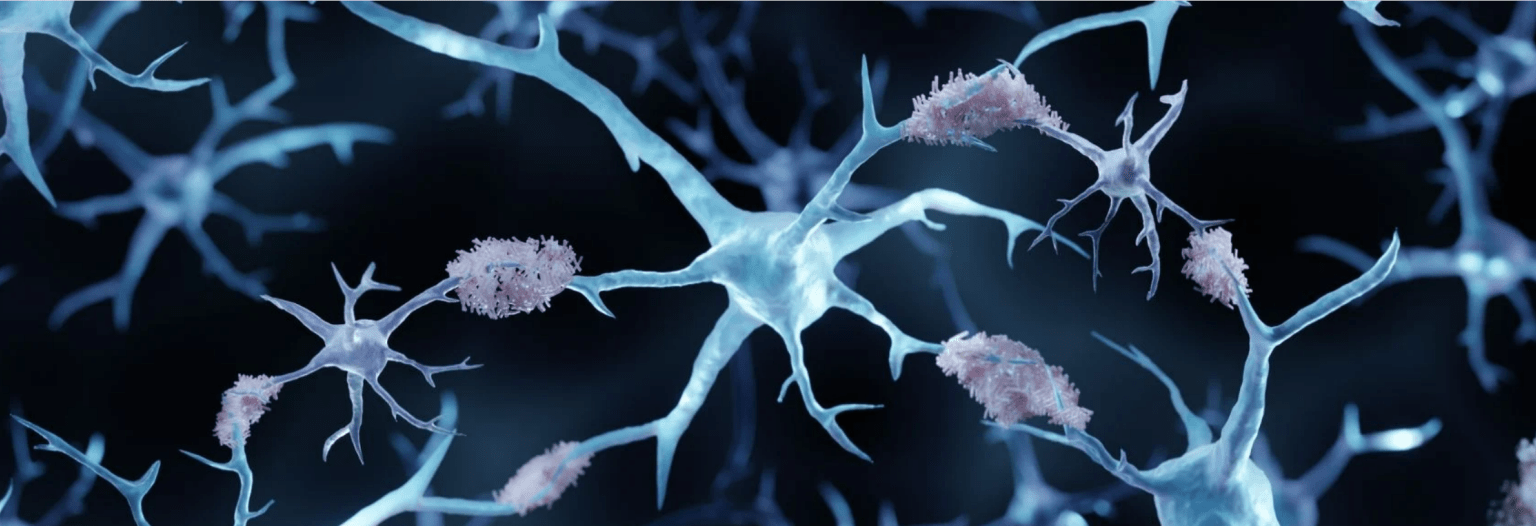
Dear Latrice,
We also love...
Renee | Northglenn, CO
That’s why our research is dedicated to halting Alzheimer’s progression, so Coloradans can cherish and share these moments for a lifetime.
Campus Location

Researchers at the University of Colorado Anschutz Medical Campus have found that inhibiting a key protein can stop the destruction of synapses and dendritic spines commonly seen in Alzheimer’s disease.
The study led by Tyler Martinez, a PhD student in Pharmacology and Molecular Medicine, reveals that targeting the protein Mdm2 with the experimental cancer drug Nutlin, stopped the neurotoxic amyloid-b peptides that accumulate in Alzheimer’s disease (AD) from overly pruning synapses.
“Cognitive impairments associated with Alzheimer’s are linked to the loss of dendritic spines and excitatory synapses, particularly in the hippocampus,” explained Professor Mark Dell’Acqua, PhD, vice-chair of the Department of Pharmacology at CU School of Medicine. Dell’Acqua said while dendritic spine pruning is normal in the post-natal brain, it becomes abnormally accelerated in Alzheimer’s, leading to memory and learning loss.”
"When the protein Mdm2 is activated incorrectly, it causes synapse loss in the presence of amyloid-b, a key component of brain plaques in Alzheimer's disease. Using a drug that blocks Mdm2, we prevented the neuron damage caused by amyloid-b, showing that inhibiting this protein is effective."
Dendritic spines are essential for learning and memory, and their loss is a hallmark of Alzheimer’s. Dell’Acqua, who directs the NeuroTechnology Center at CU School of Medicine, noted that current AD research often focuses on removing amyloid plaques.
“There are questions if anti-amyloid therapy is the be-all and end-all of AD therapy,” he said. “Even if you could tolerate the high cost, the effectiveness is questionable. We are saying that it may also be possible to intervene in the process by blocking some of the impacts of amyloid-b. And you could intervene by targeting Mdm2.”
The next step involves testing this approach in animal models, with potential future human trials. While Mdm2-targeting drugs are already in clinical trials for cancer, they still need FDA approval. “This is an encouraging first step, providing a promising lead for future research,” Dell’Acqua concluded.

